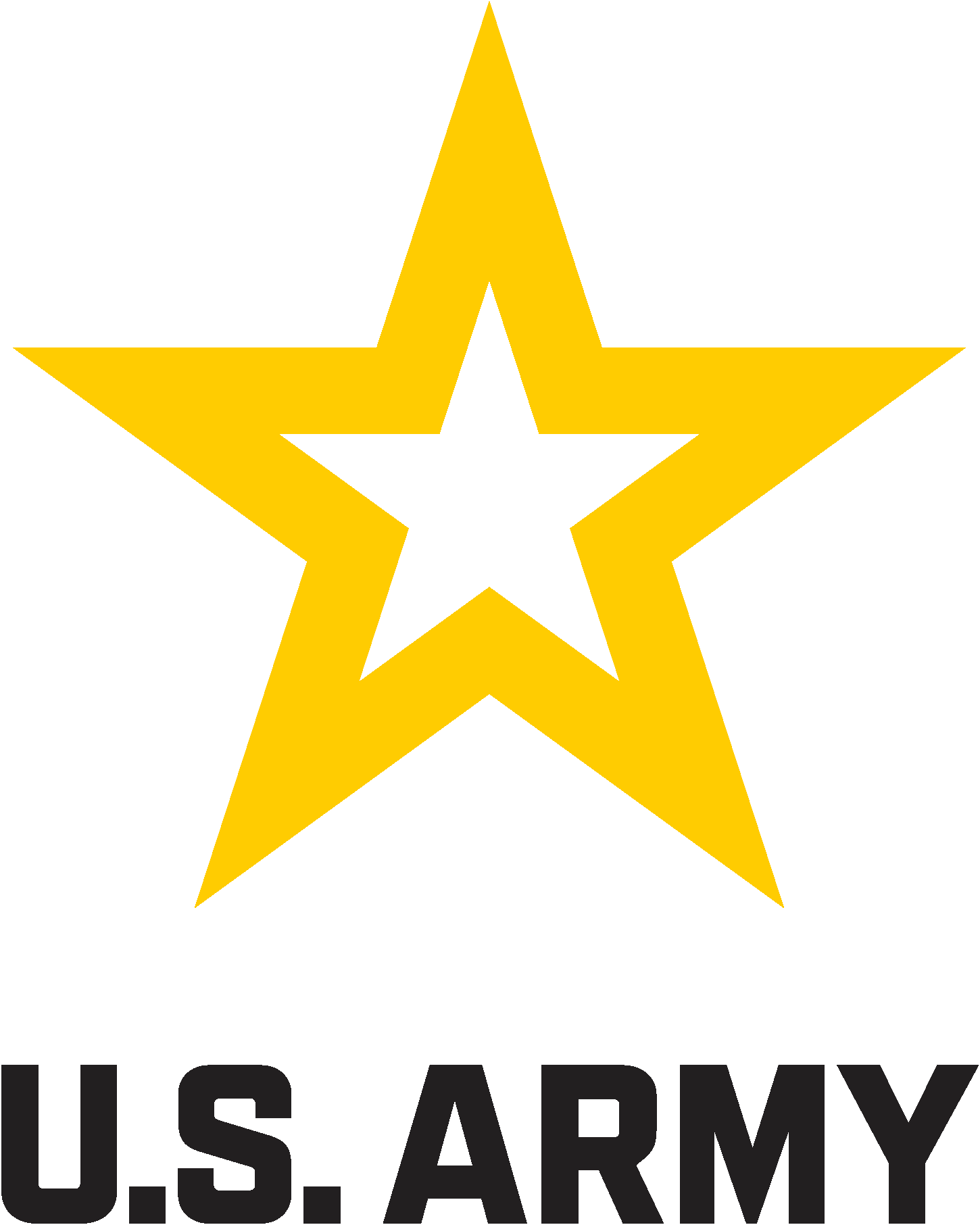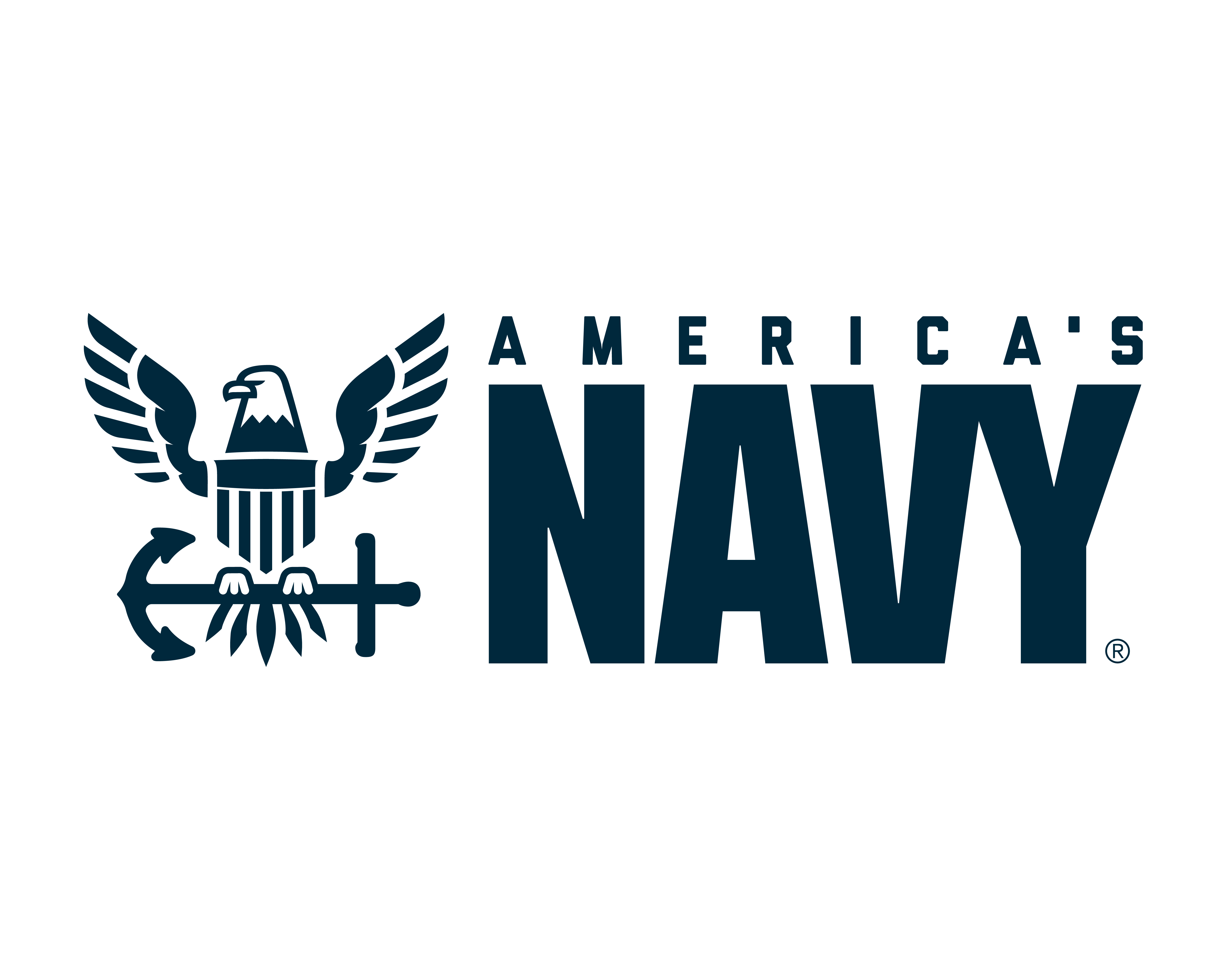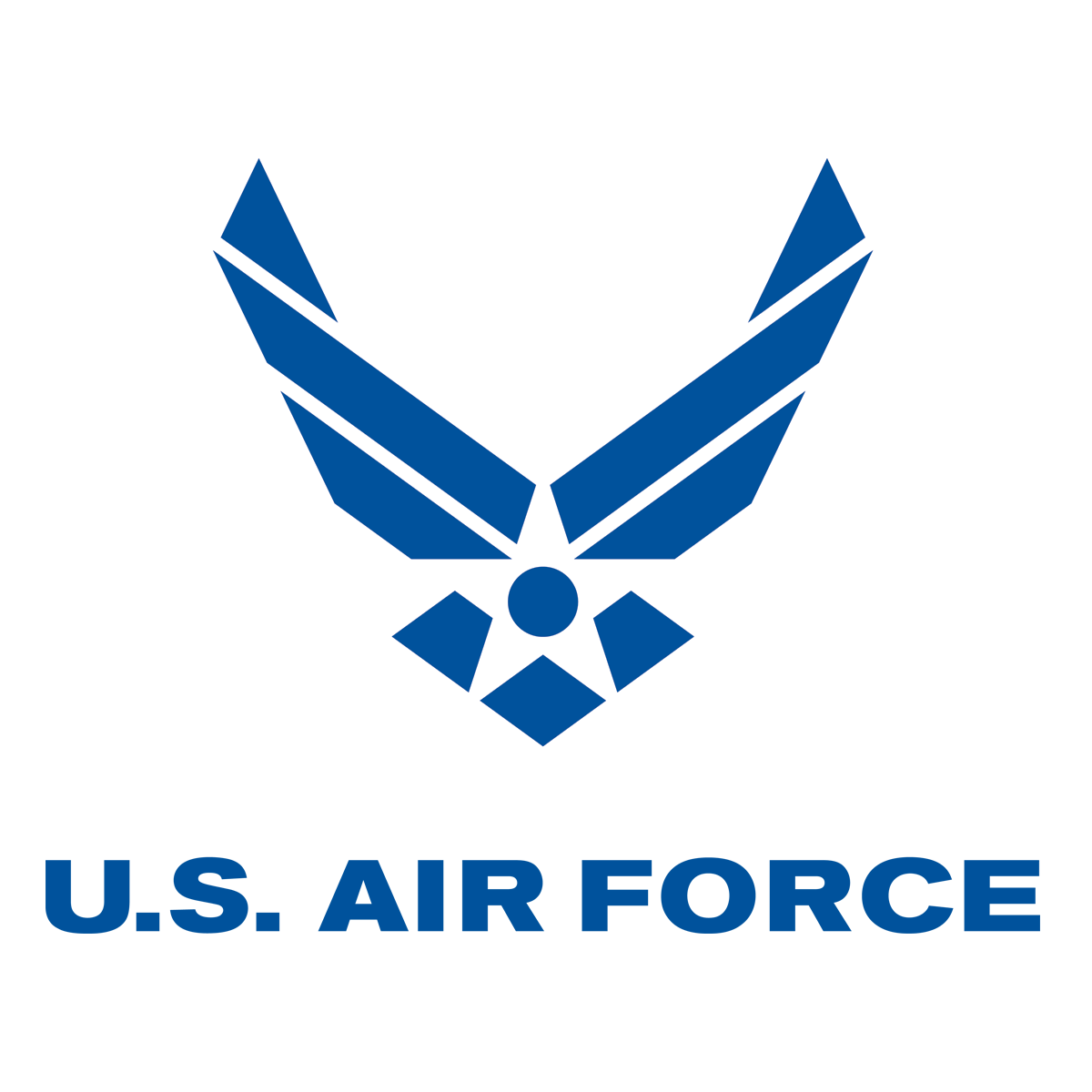Military Veterinarians
Military Career
General Information
Description
Veterinarians play a vital role in rebuilding and improving animal care systems in underdeveloped and war-damaged countries. They also provide veterinary public health services through veterinary medical and surgical care, food safety and defense, and biomedical research and development. Many veterinarians also provide care to Military Working Dogs, ceremonial horses, working animals of many Department of Homeland Security organizations, and pets owned by service members. Officers with special education in laboratory animal medicine, pathology, microbiology, or related disciplines conduct research in military and other governmental agencies.
Explore this career outside the MilitaryWork Environment
Veterinarians work in medical, clinical, and research laboratories and, at times, in food processing or storage plants. They may work outdoors while conducting field work, on land or aboard ships.
Workplace at a Glance
What you can expect to experience while on the job
- Responsibility
- Exposure to job hazards
- Physical activity
- Decision making
- Repetitiveness
- Level of competition
- Time pressure
Comparable Industries
- Health Science
Military Outlook
Service Branches
Jobs in this career field may be available in other service branches. Call or email a particular branch for more info.
Military Status
- Officer
- Managerial/professional
- College degree required
Military Workforce
Veterinarians in the Military
221
Salary
Salary Information
Median Military Salary This is the median, or the midpoint, of the salary range for this career.
$150,285
Military Salary Range Salary varies based on years of service, degree level, special pays, family status and location. Learn more about Military benefits.
$83,553 - $259,959
What makes up a Military salary?
Military salaries include a lot more than just base pay.
They also offer:
- Housing allowances
- Subsistence allowances
- Special and incentive pays
- Cost-of-living allowances
- Hazardous-duty pay
- Bonuses
Learn more about what goes into a salary with the compensation estimator
Learn more about military insurance and retirement benefits
Education
Most Common Education Levels
People in this career achieve this level of education.
-
Doctoral degree 79%
-
Post-doctoral training 11%
-
First professional degree 9%
-
High school 0%
-
Some college 0%
-
Master's degree 0%
-
Bachelor's degree 0%
-
Associate's degree 0%
-
Post baccalaureate 0%
-
Less than high school 0%
-
Post-master's certificate 0%
-
Post-secondary certificate 0%
Military training
Officers typically enter the Military after they have completed a four-year college degree; enlisted service members can transition to officer positions through a variety of pathways and earn a degree while serving. Veterinarians are subject matter experts in their field. Job training for veterinarians primarily consists of on-the-job learning in various training environments. Like other officers working in healthcare, they complete a comprehensive training program covering responsibilities, orientation to military structure, healthcare and etiquette, traditions, and leadership development.
Read MoreSkills at a Glance
Skills helpful in this career
- Verbal skills
- Critical thinking & problem solving
- Equipment operation & maintenance
- Math & science skills
- Technology design & control
- Leadership
Knowledge
- Medicine and Dentistry
- Customer and Personal Service
- Biology
- Education and Training
- English Language
Gain insights into your knowledge by using the ASVAB Career Exploration Program
 Army
Army Marine Corps
Marine Corps Navy
Navy Air Force
Air Force Coast Guard
Coast Guard Space Force
Space Force